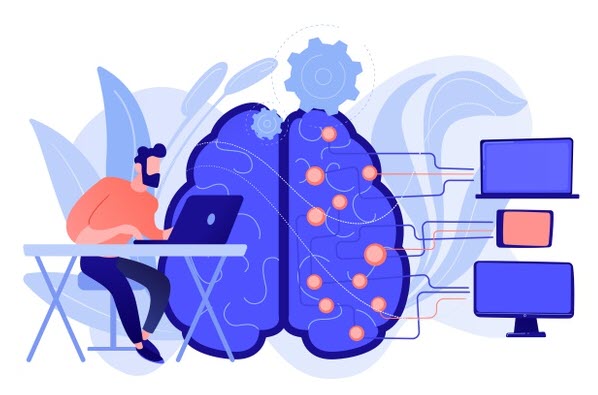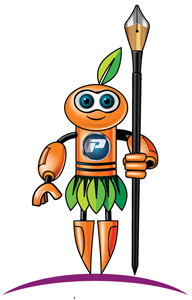10 May AI and ML Learning for Non-Techies
A Non-Techie’s Path to Learning AI and ML
– Swati Thacker
The noise cancellation technology that Google Meet introduced recently, or the speech recognition technology that Amazon Alexa keeps getting better with, have always left me wondering about the powerful technology that makes all of this possible. And that’s how I started developing an interest in Machine Learning (ML) and Artificial Intelligence (AI).
Being a technical writer and content curator from a non-engineering background with a strong passion for technology, I set out to explore ways in which a non-coder and amateur like me can comprehend how these life-changing technologies work. In the interest of anyone who wants to understand the nuances of this technology, but cannot interpret or write a line of code or statistics, I have listed a few good starters that helped me warm up to the bare concepts of AI and ML.

Because of the traction that these technologies have gained over the past few years, the information available on the Internet can be quite overwhelming. Learning platforms such as Coursera and LinkedIn Learning have several ML and AI course offerings but most of these are designed for data scientists who need to learn how to train models and develop algorithms for ML.
So where do I start…?
- I would strongly recommend beginning with only the introduction lesson of Andrew Ng’s Machine Learning course to understand the fundamentals of ML and the broad categories that most algorithms fall into. The course duration is about an hour and cost free! The remaining course is aimed for data scientists and dives deeper into using linear algebra and statistics to create different types of ML models.
- Next up, I spent time researching articles and blogs that could break down the concepts of ML without getting too technically abstruse. I found this awesome blog series that’s so true to its name Machine Learning is Fun! The author has written this blog in 8 parts for curious heads like me who don’t know where to start. The author has made the entire learning exercise fun with relatable examples that simplify the concepts of supervised and unsupervised learning and the various algorithms that fall in its purview. Though the concepts become increasingly complex with each part, understanding the intense concepts felt seamless!
- To further my knowledge about how AI and ML fit together, I took this conceptual course on Udemy Machine Learning for Absolute Beginners – Level 1. You can enter this course with a clean slate and emerge out knowing enough to fuel your enthusiasm for this mind-shifting technology. If you are interested in pursuing the practical side of data science without any prior knowledge of the technology, you can take the next course in this Absolute Beginners series that guides through the basics of Python (most frequently used programming language for data science) and Pandas (Python library used for manipulating data structures).
Learnings and courses aside, I found it essential to keep myself abreast of the latest news and emerging trends about ML and AI globally by subscribing to free blogs and daily newsfeeds. I found these insightful and easy to follow for beginners – aitrends.com, sciencedaily.com, becominghuman.ai, and towardsdatascience.com.
Finally, I would recommend soaking up any free learning material for beginners that are available in the form of books, webinars, discussions, etc. Thanks to a free practical webinar workshop that my organization conducted for ML beginners, I wrote my first ML program that can predict the cost of a house based on the area of the house. It was a fun learning experience, to say the least!
I read this somewhere and it stayed with me ‘Machine Learning is more about Maths than about Python or any libraries.’ ML is easily comprehensible with logical reasoning aptitude and Maths skills even if you are not a programmer.
Hope you found this article useful and helps you take the first steps towards learning AI and ML.
About the Author
Swati Thacker is a Technical Writer with 11 years of experience and works in Bangalore. She has a strong passion for technology, believes in upskilling and keeping abreast of the latest technological trends in the industry. She likes travelling, reading, and painting. Contact her on LinkedIn.





No Comments